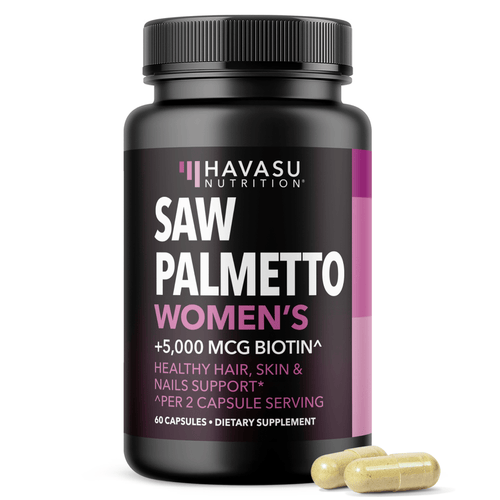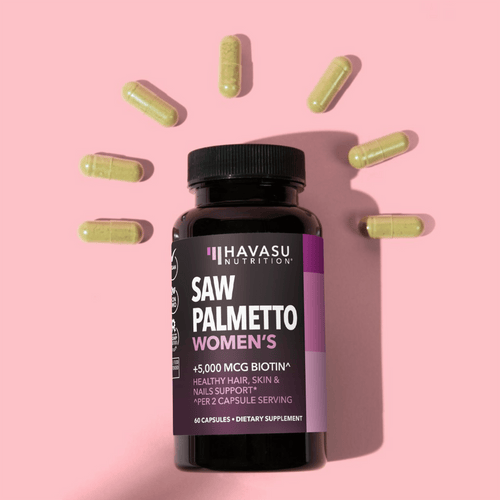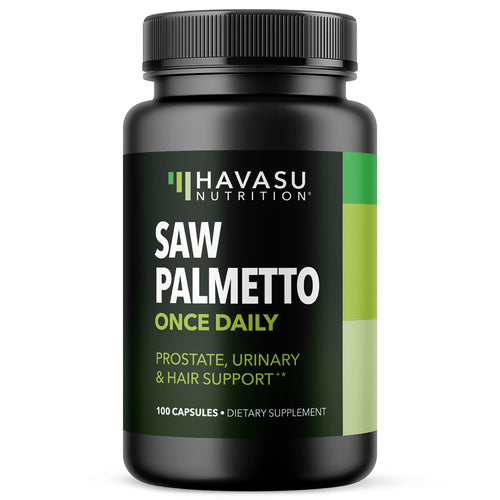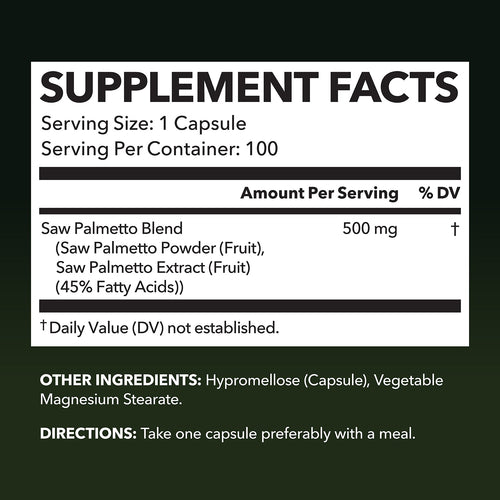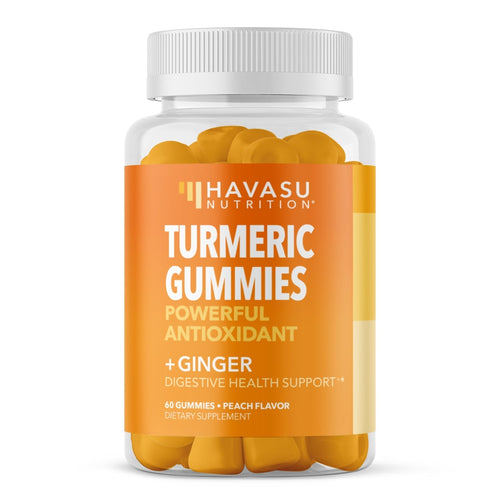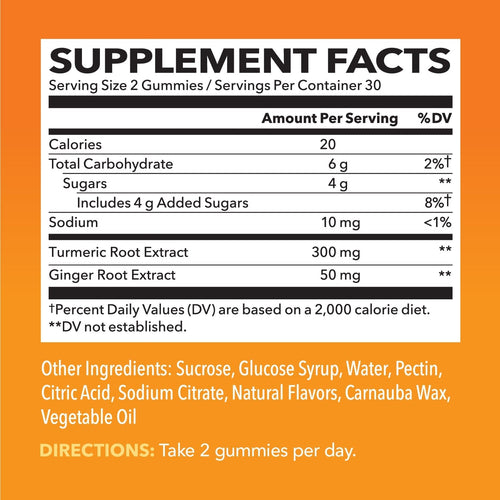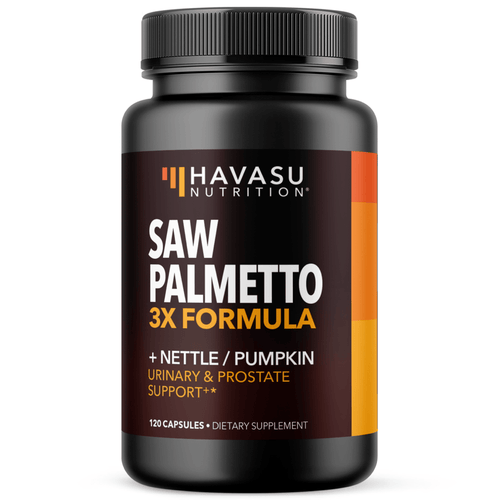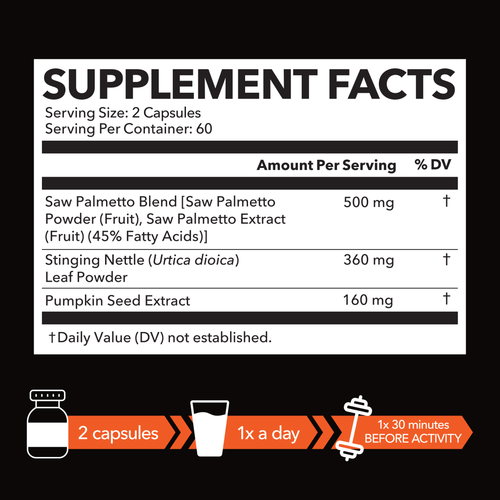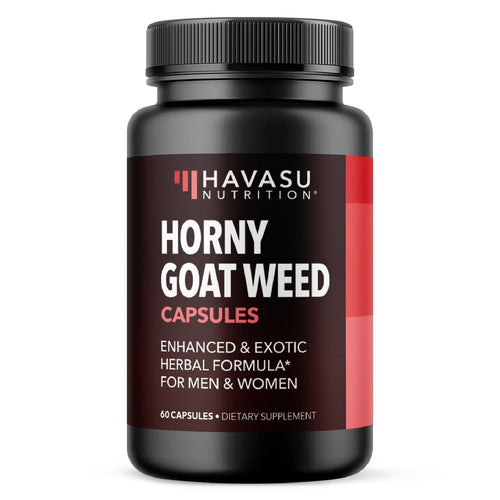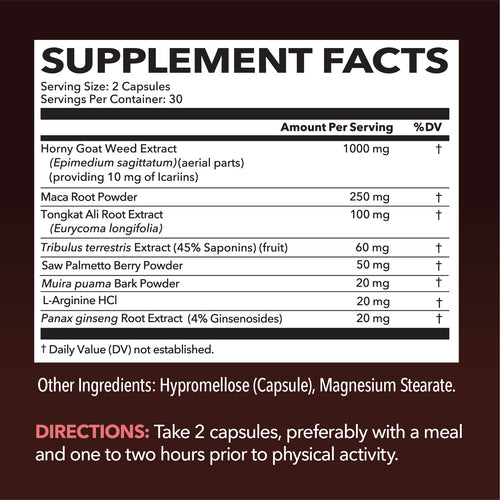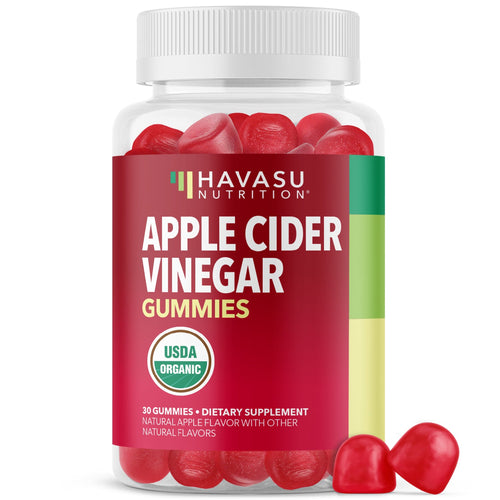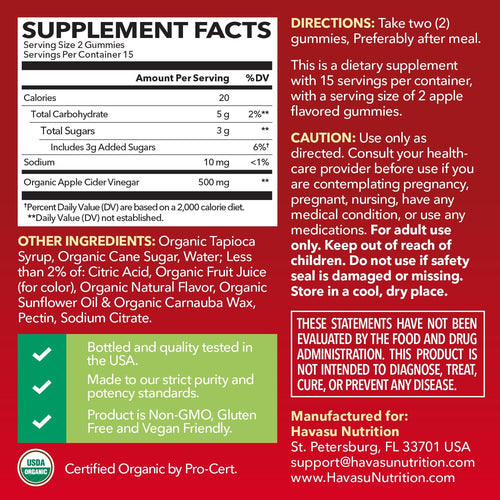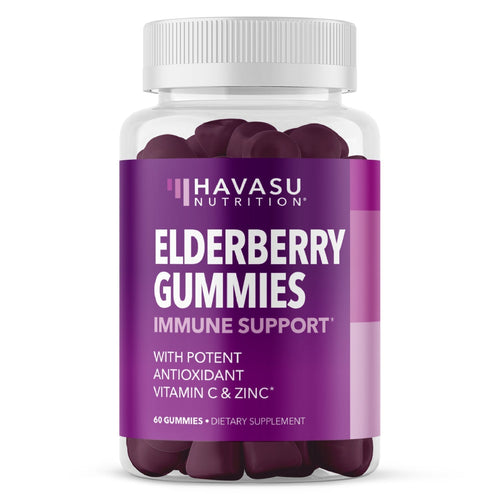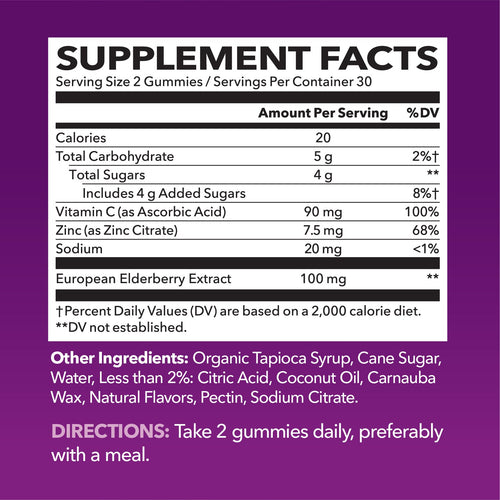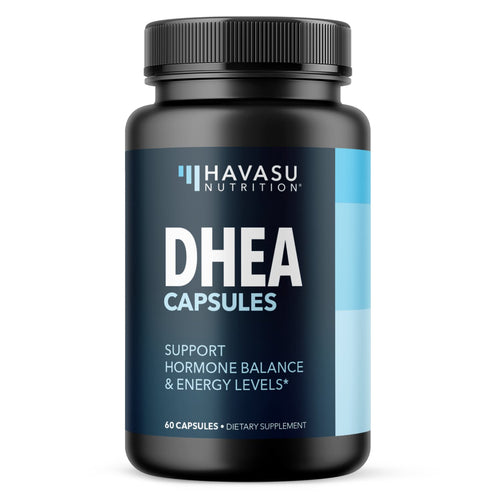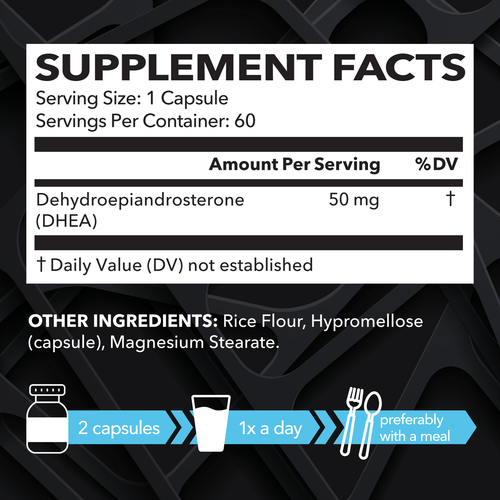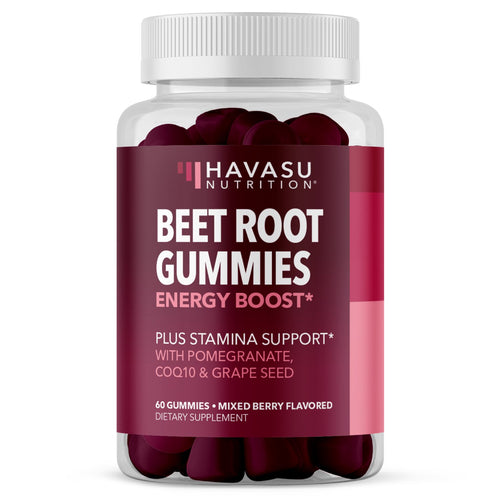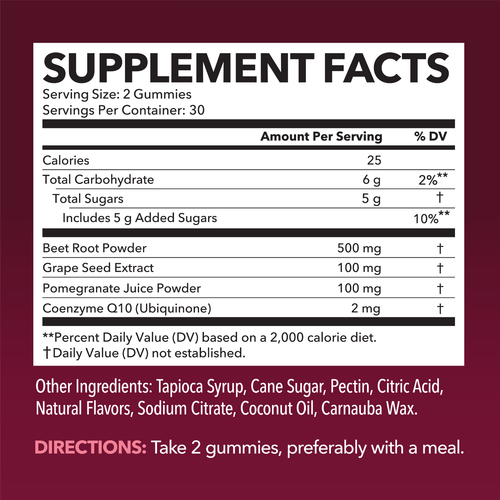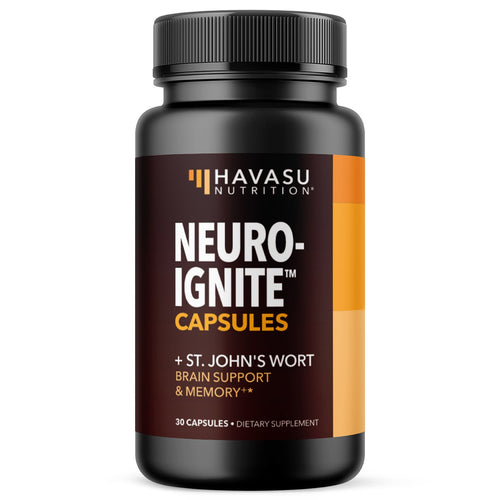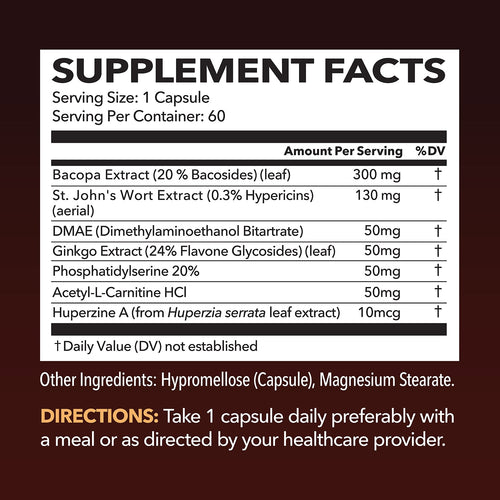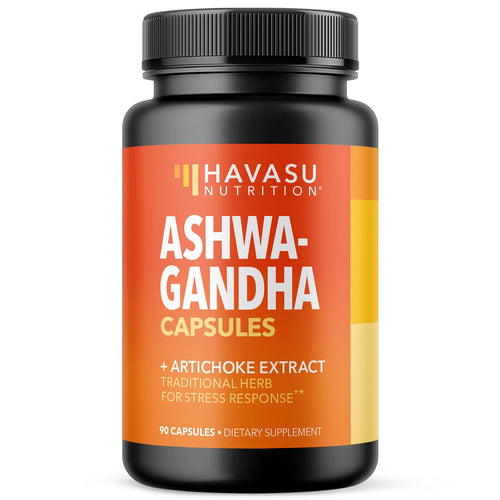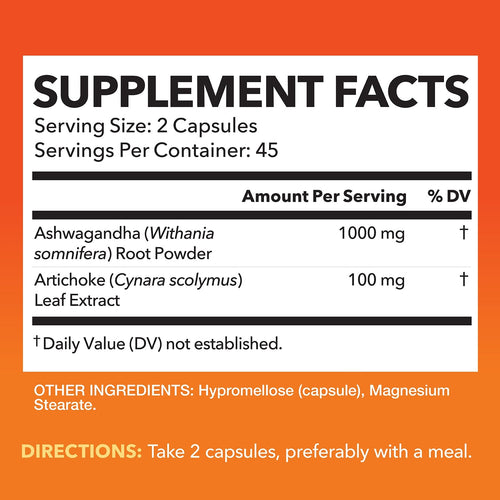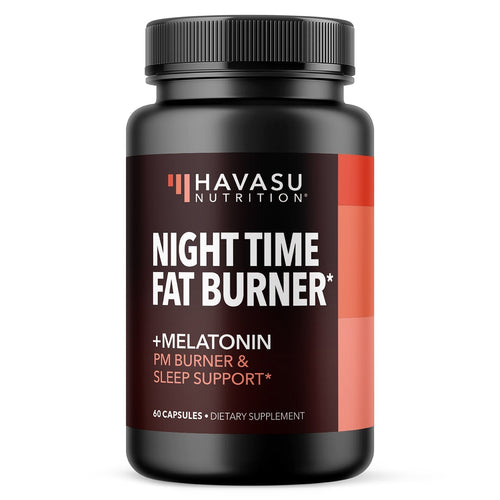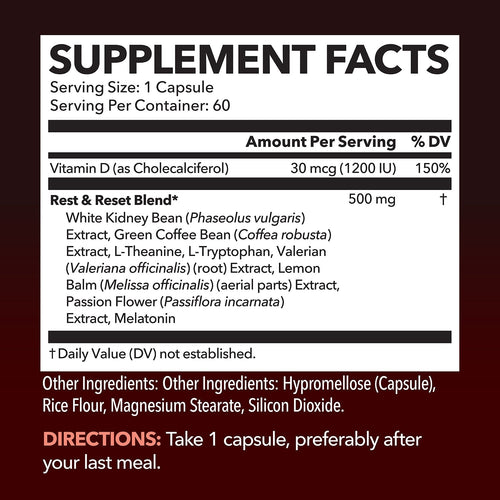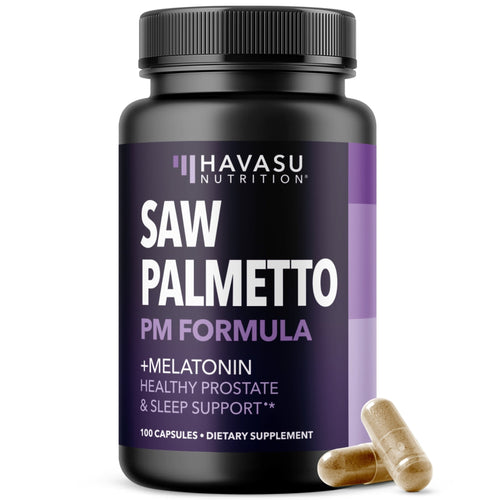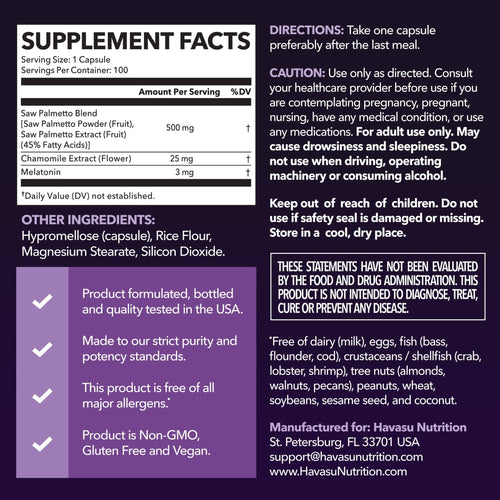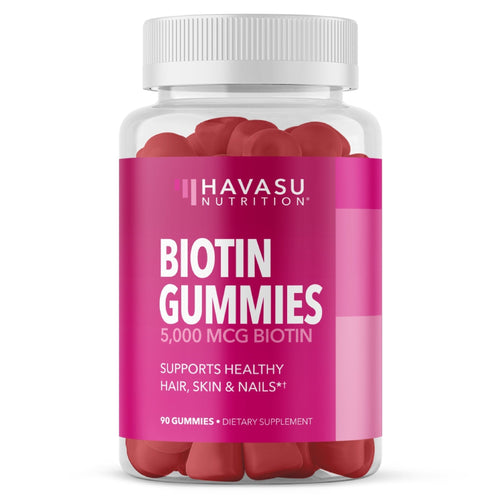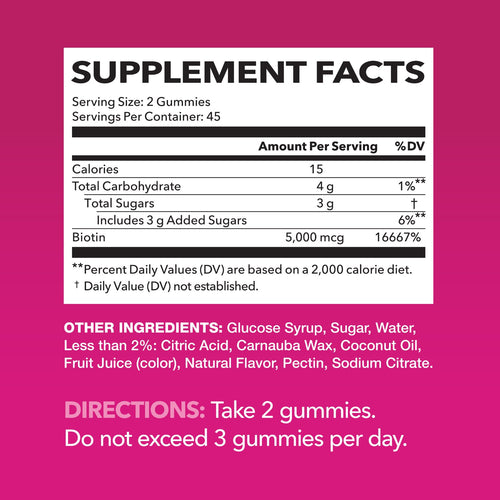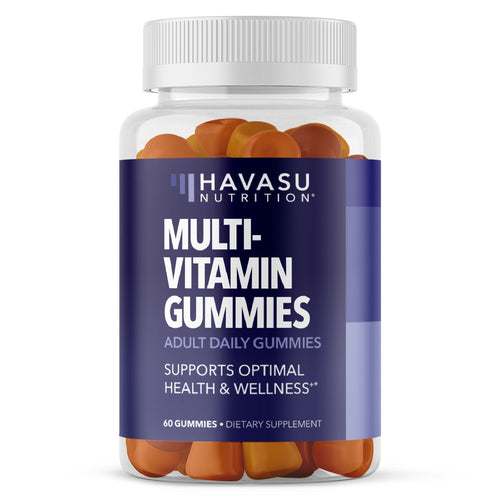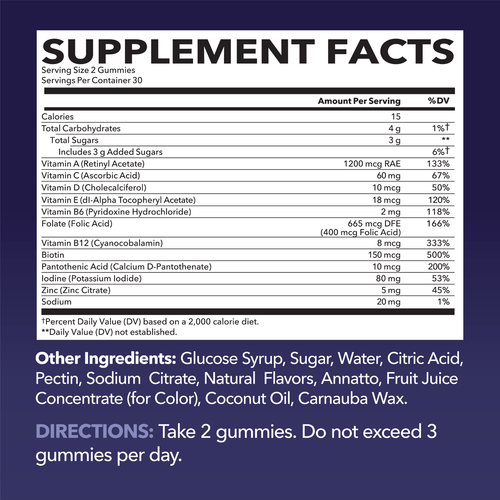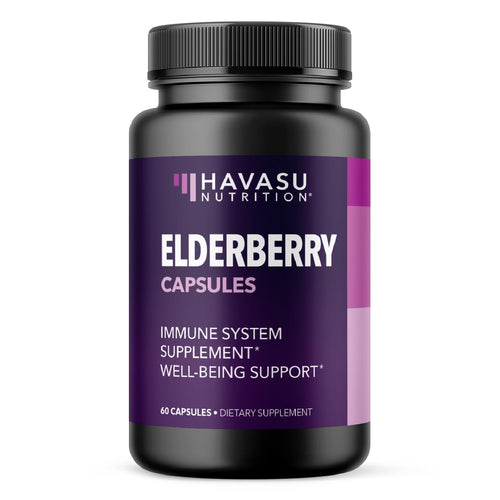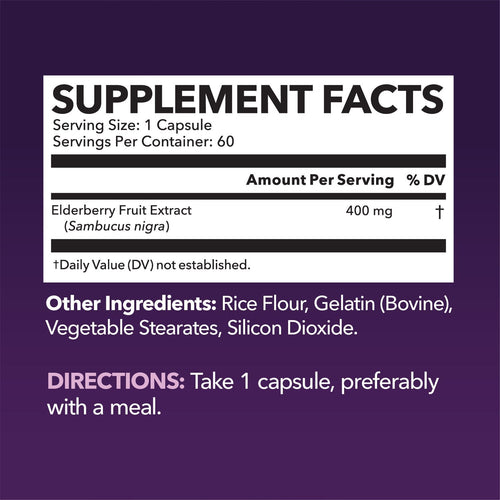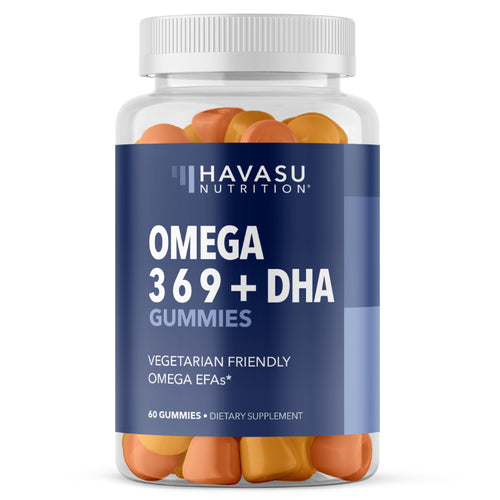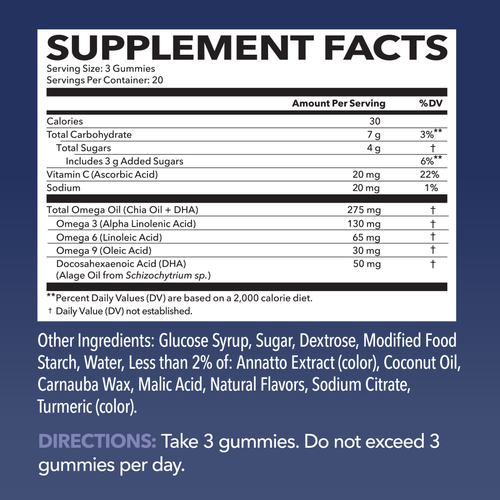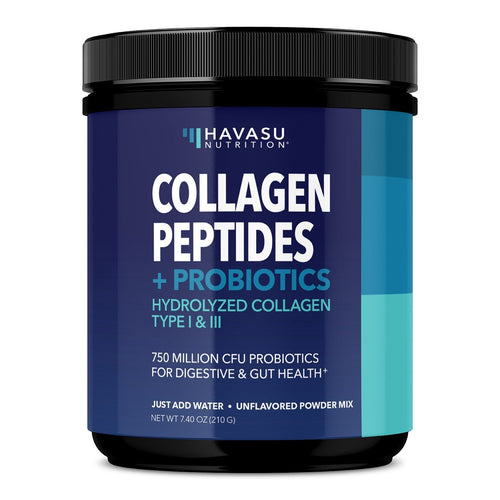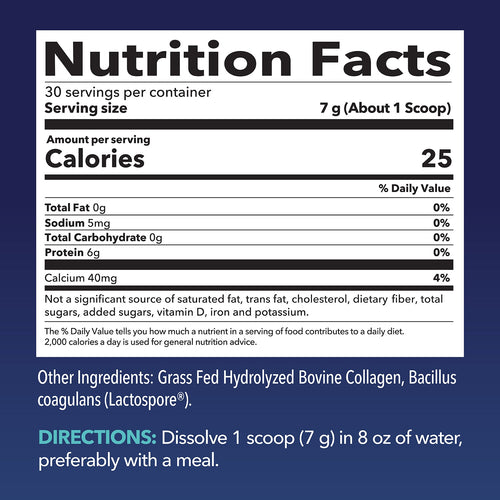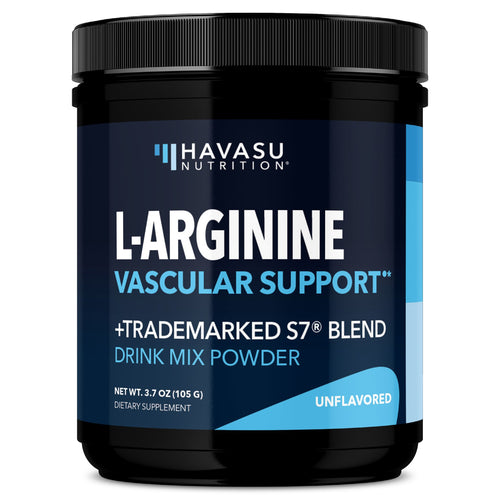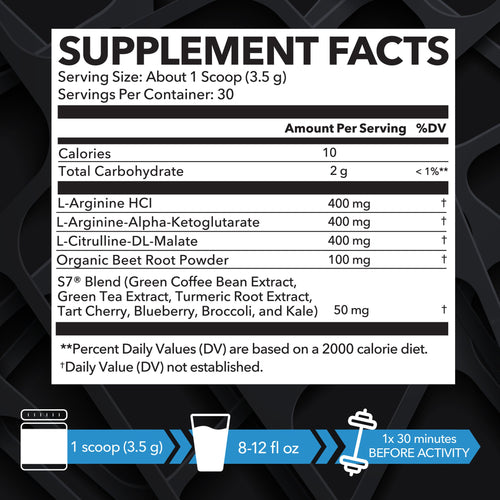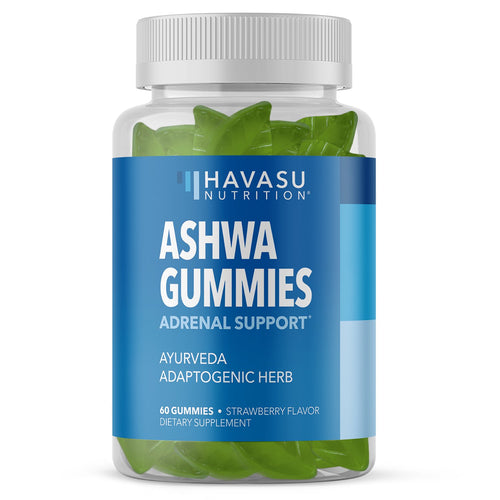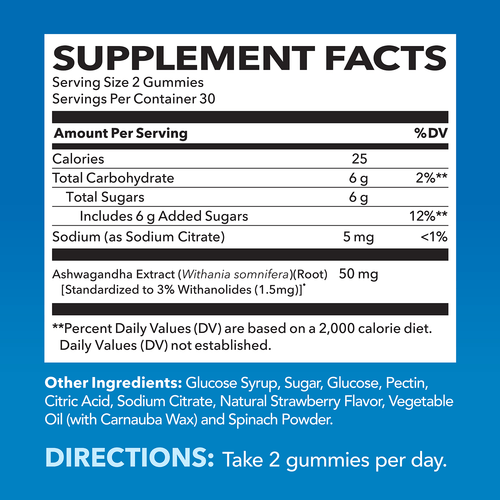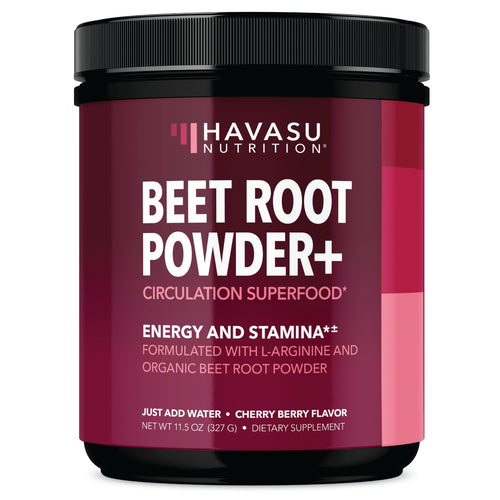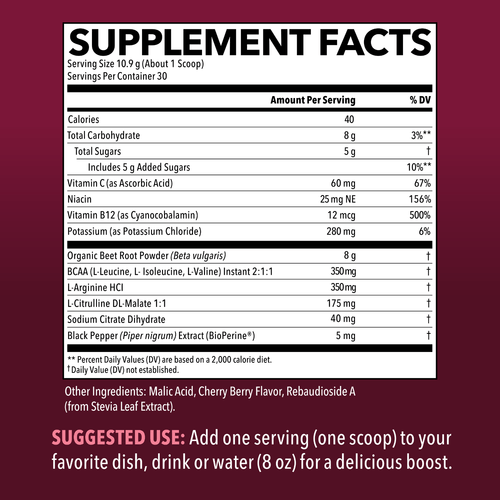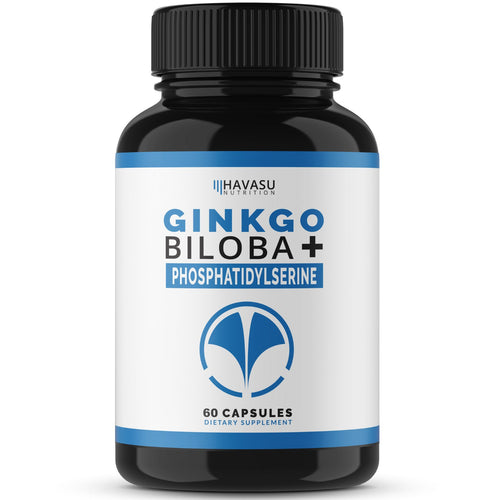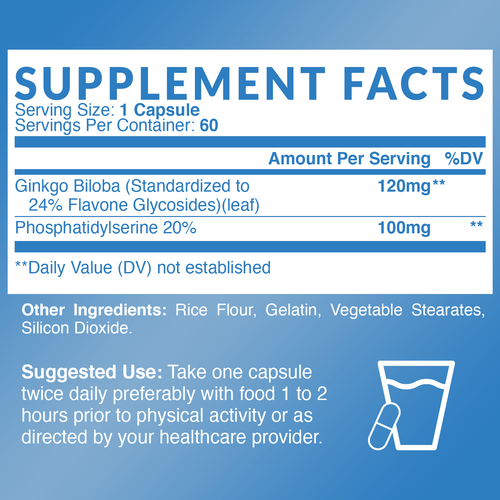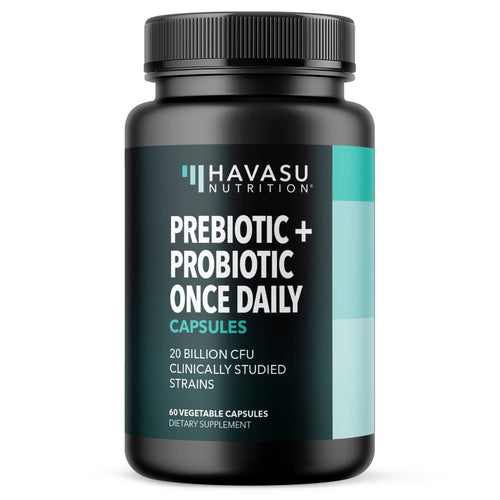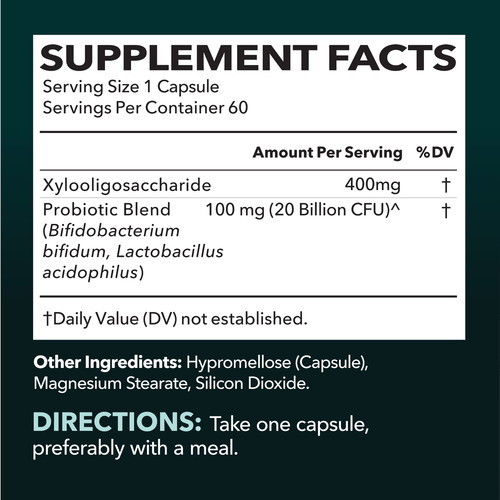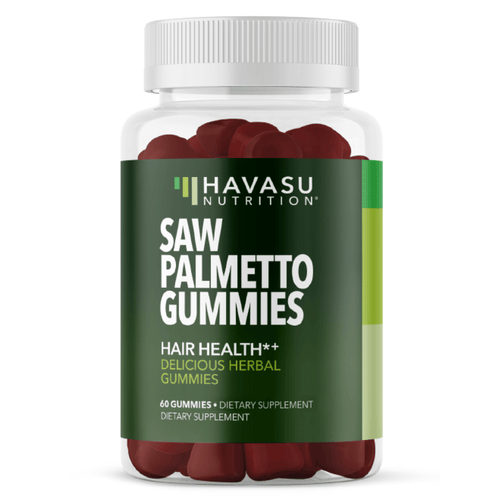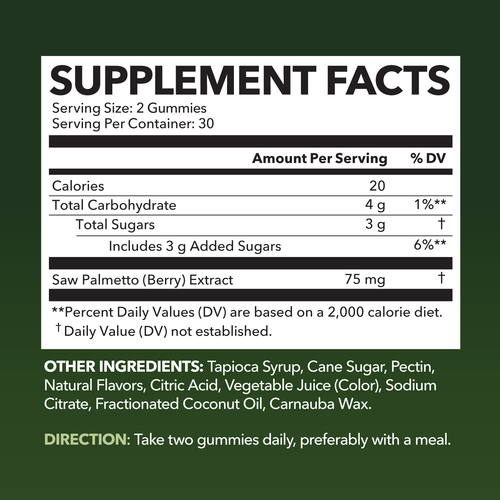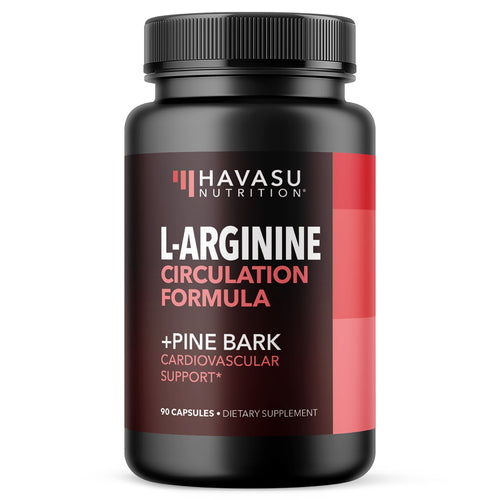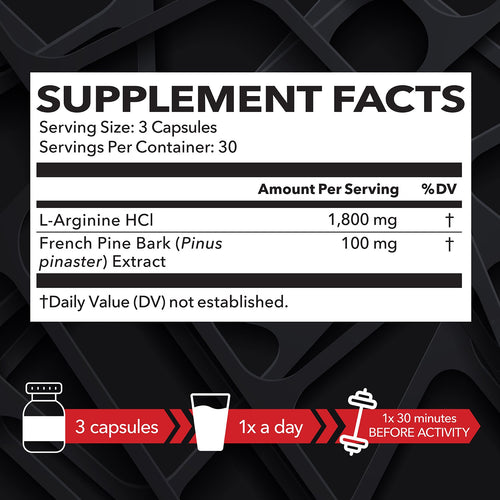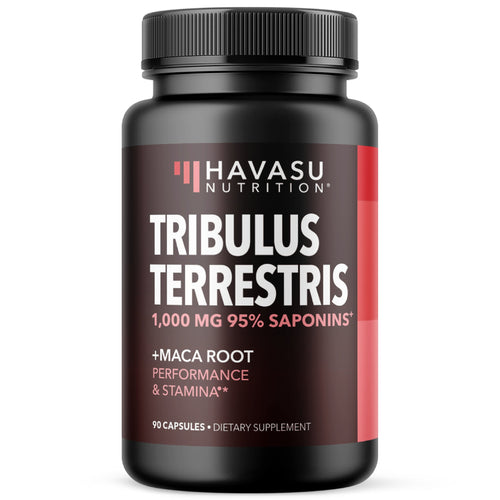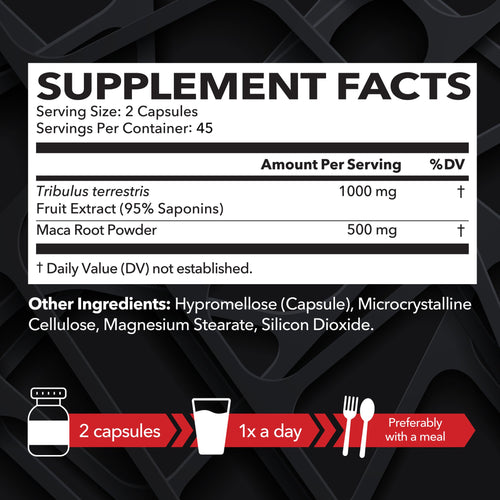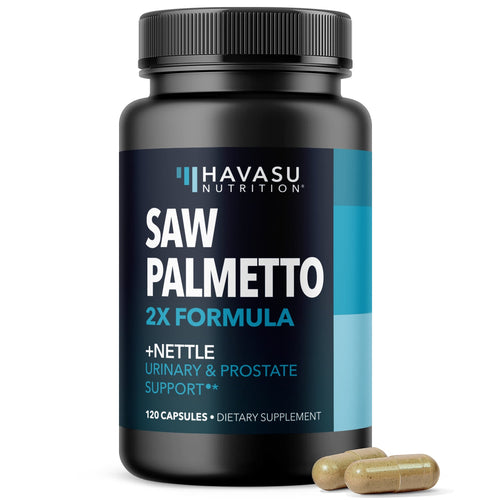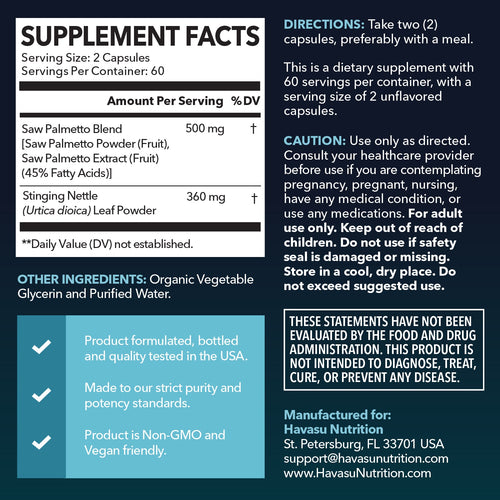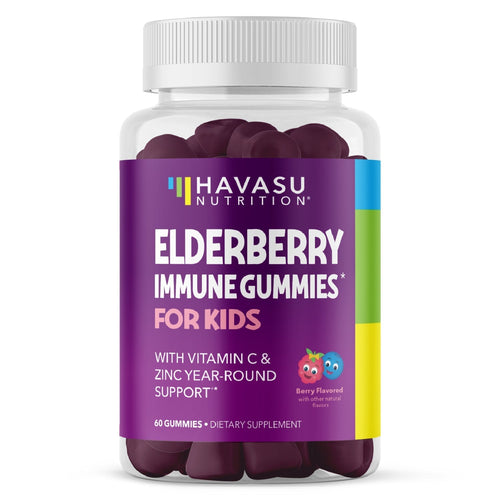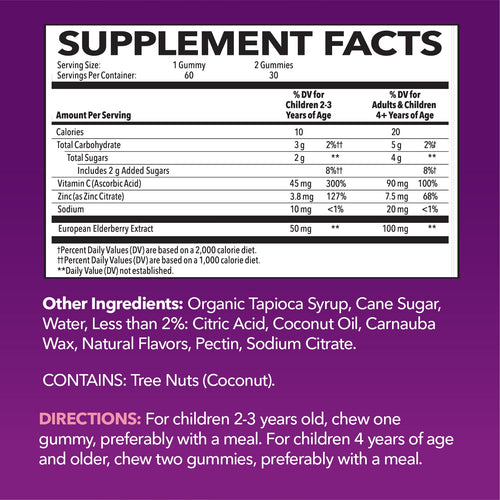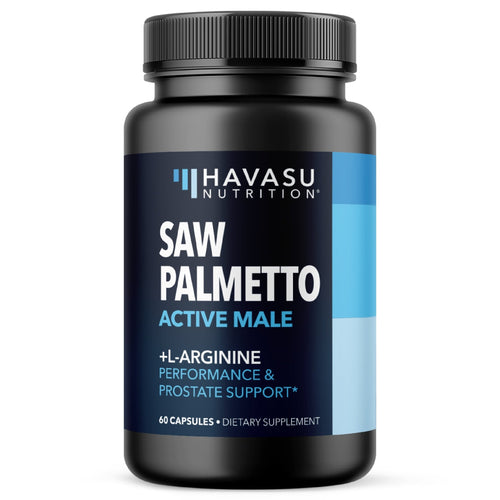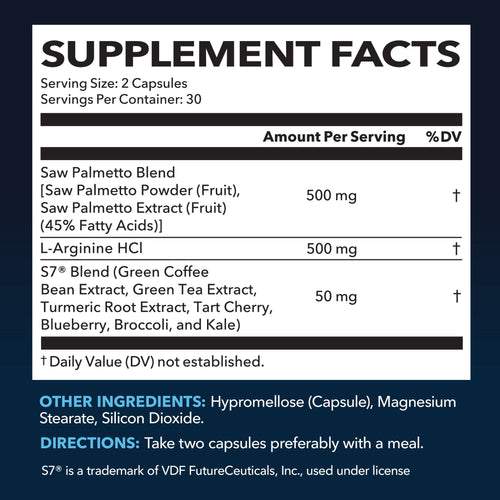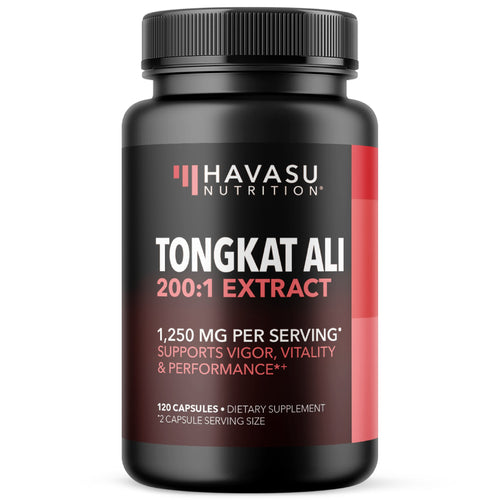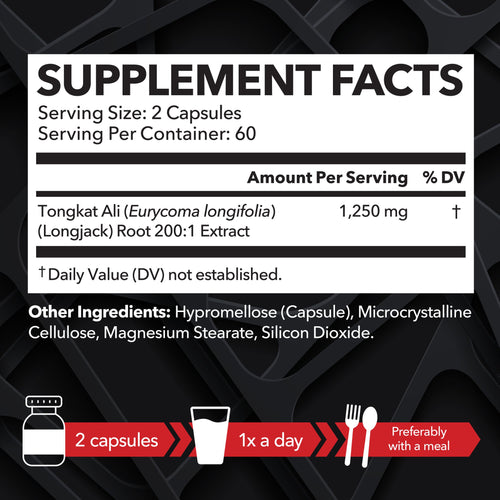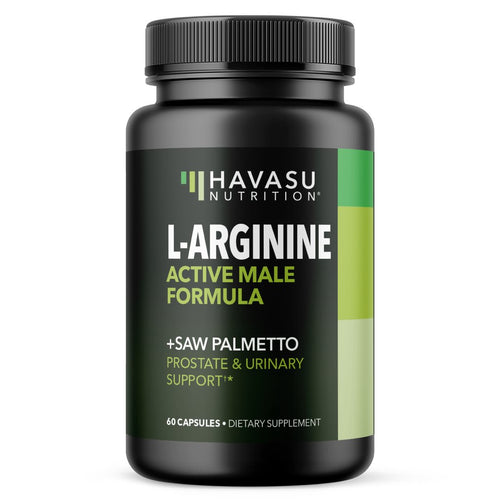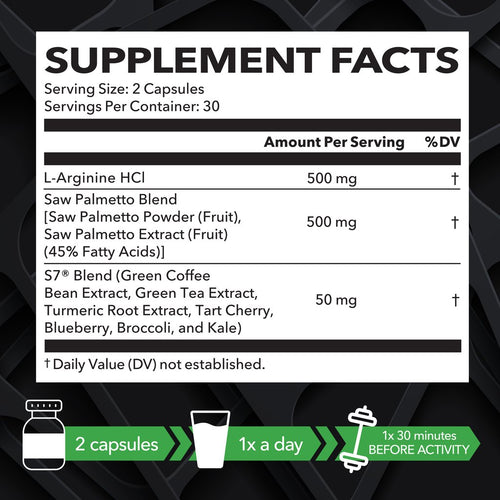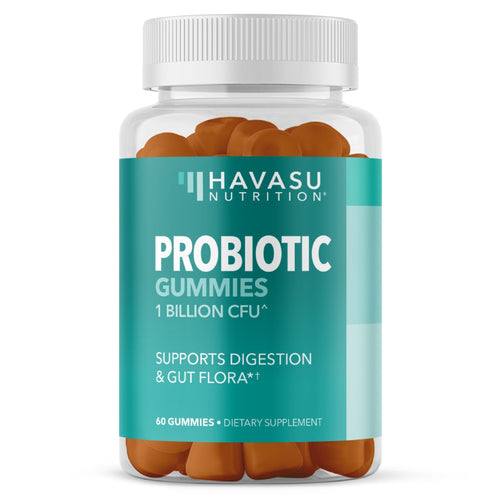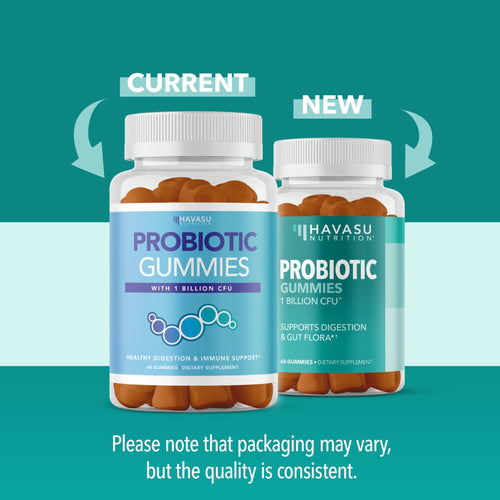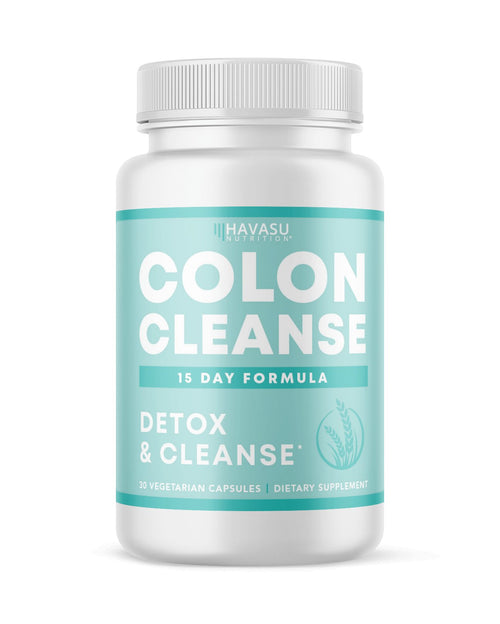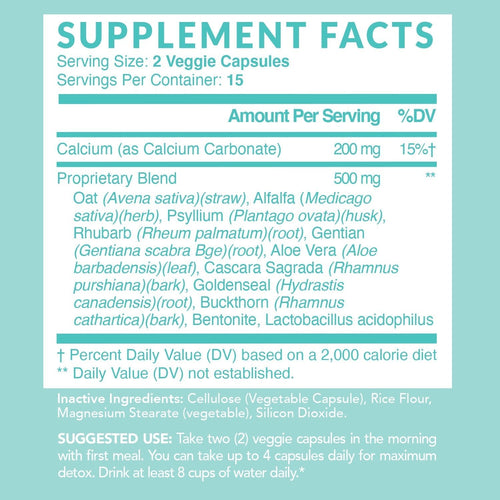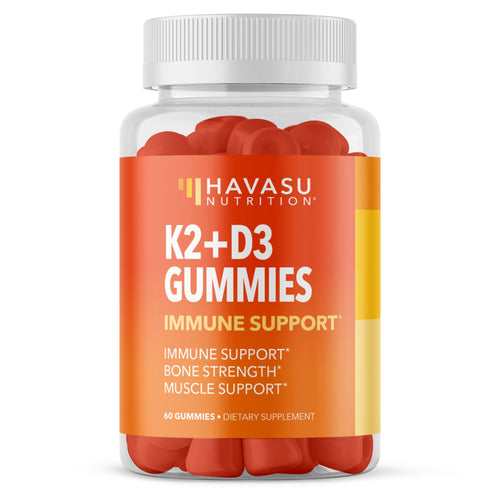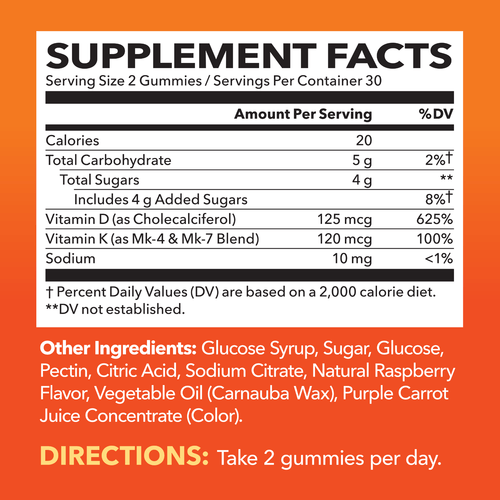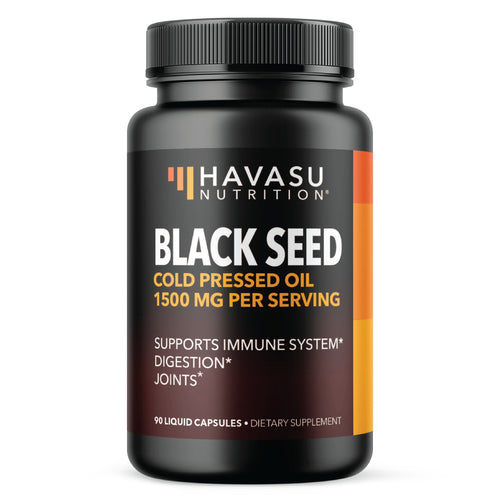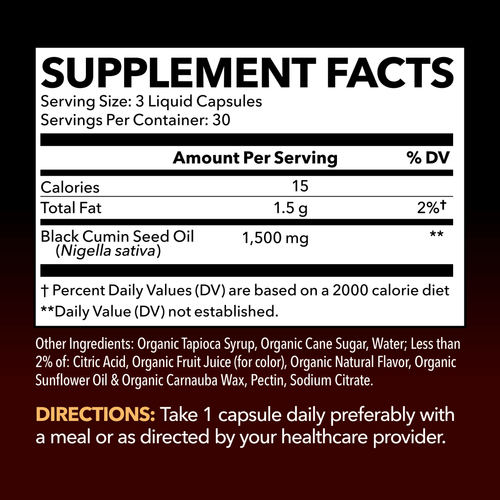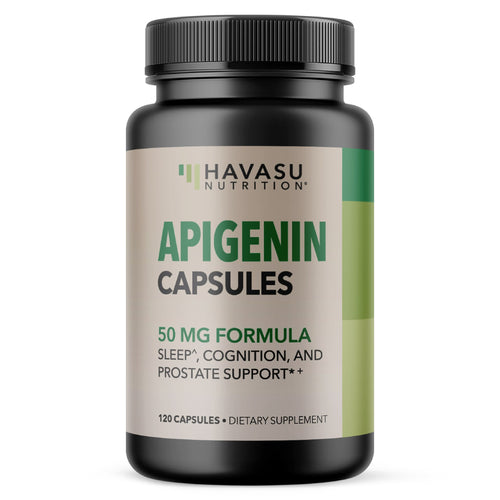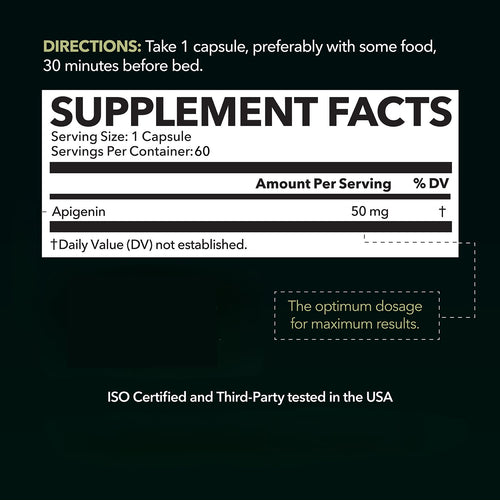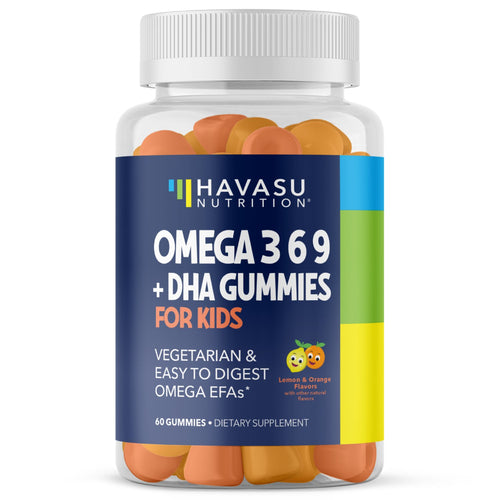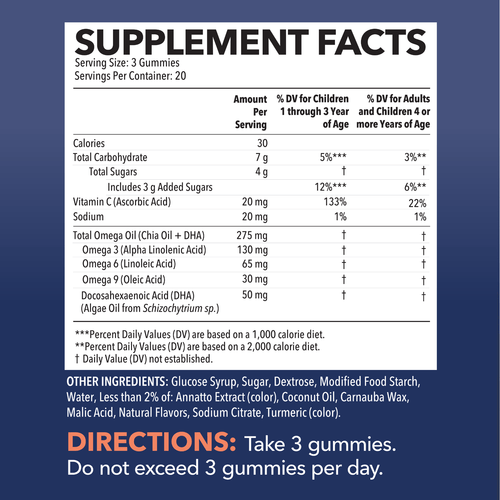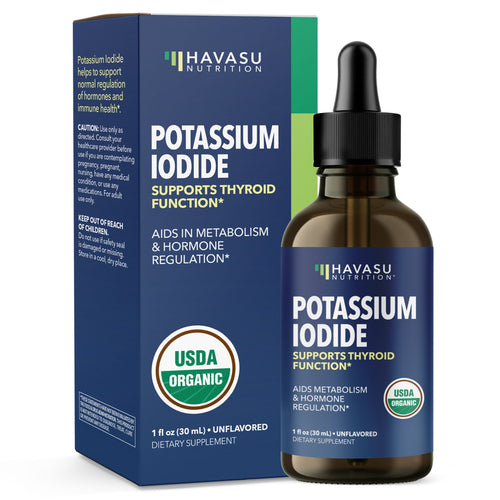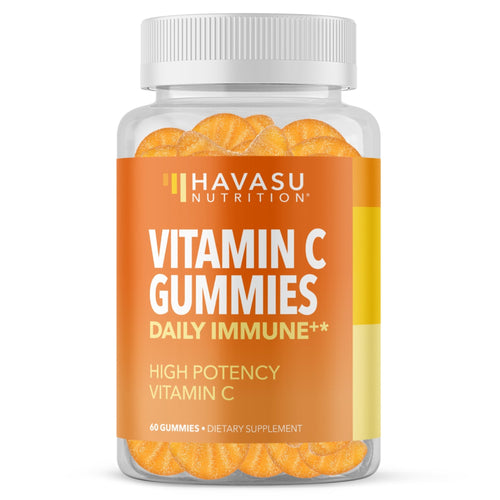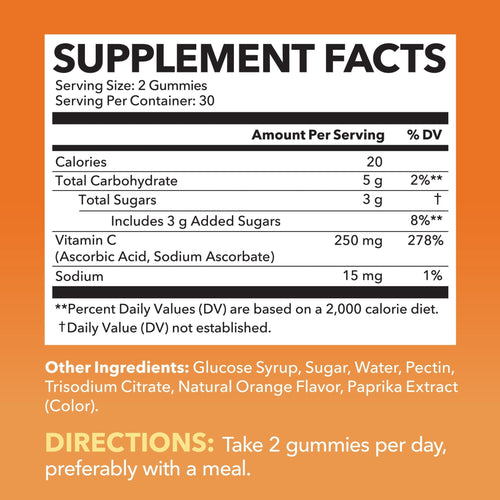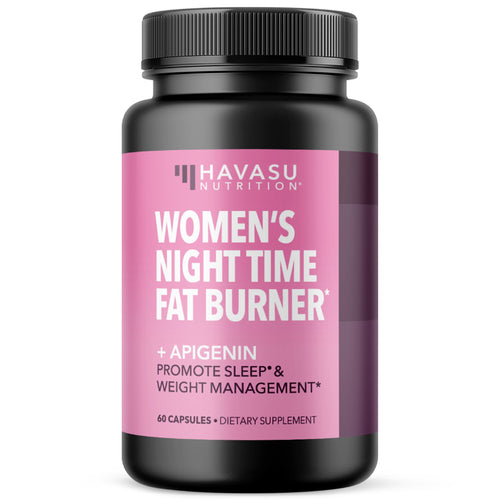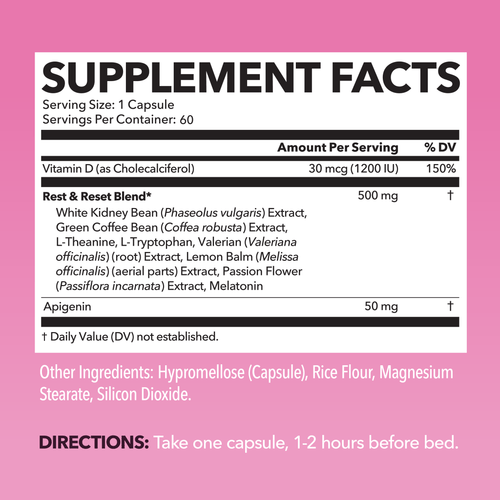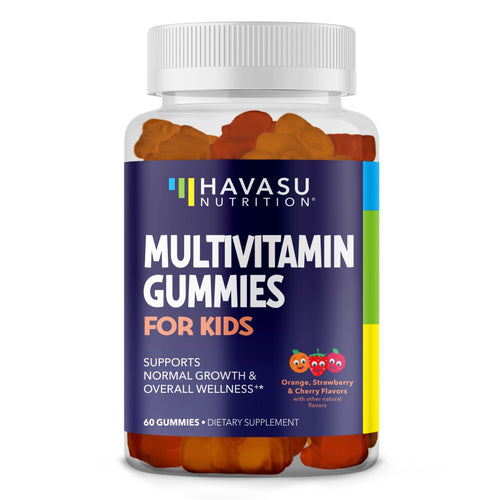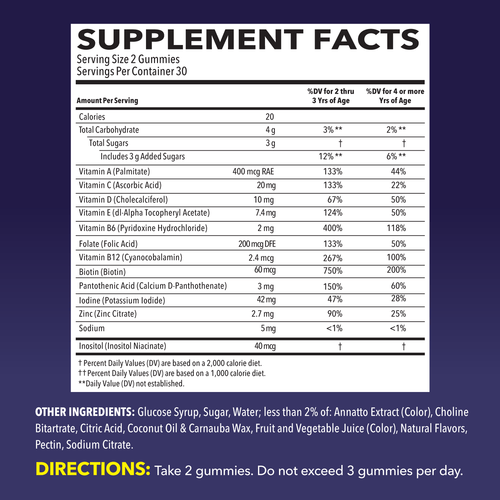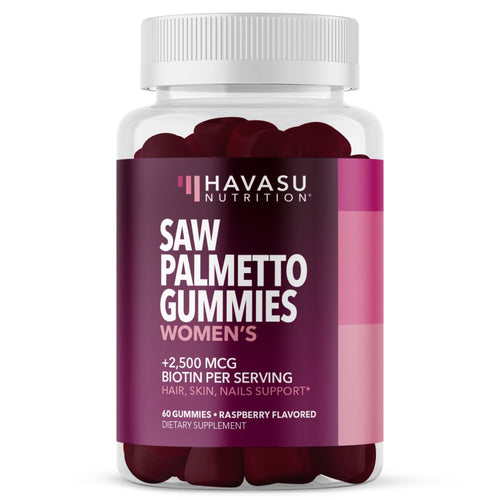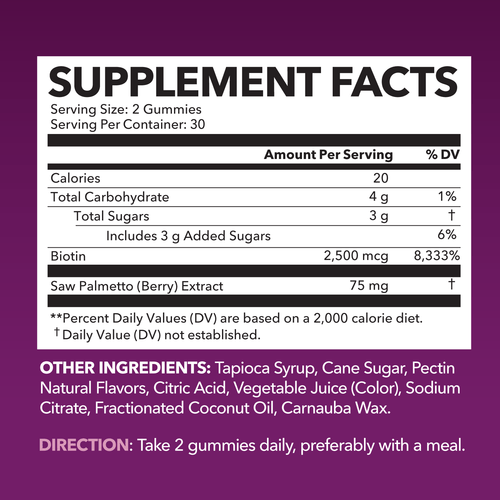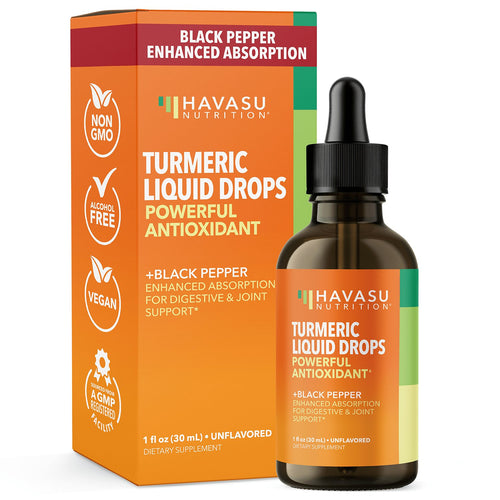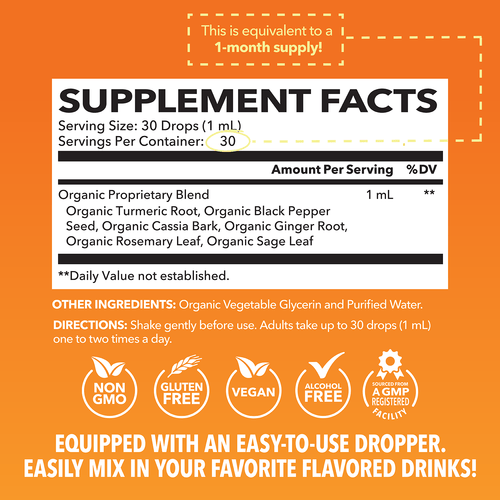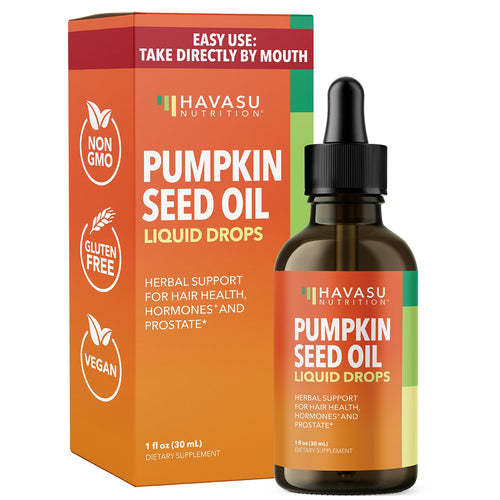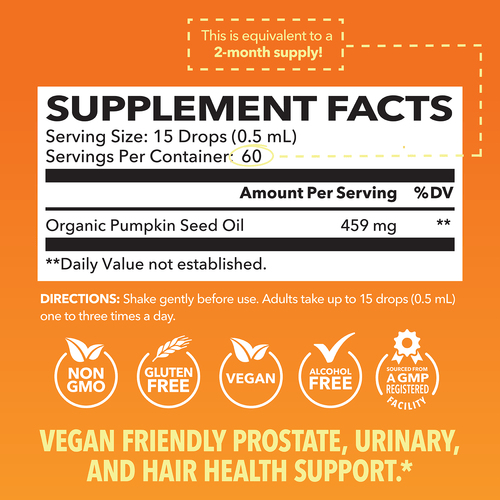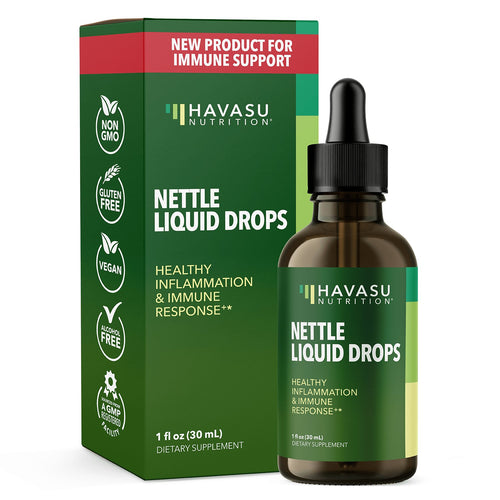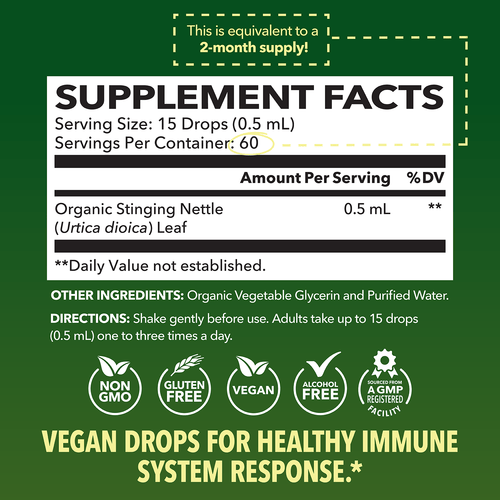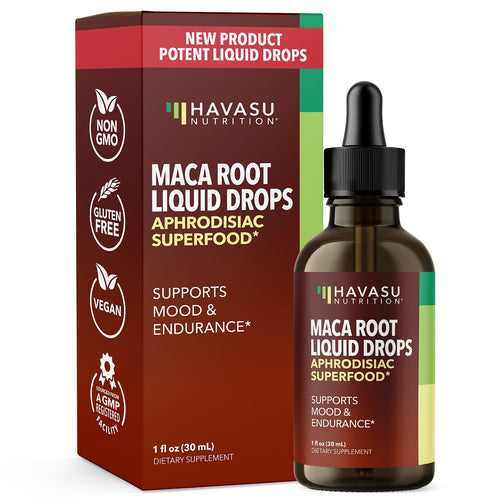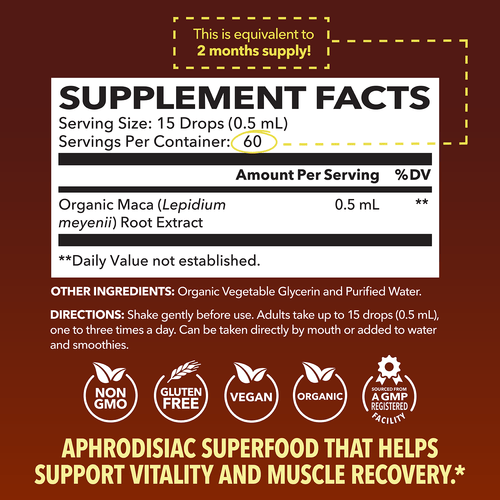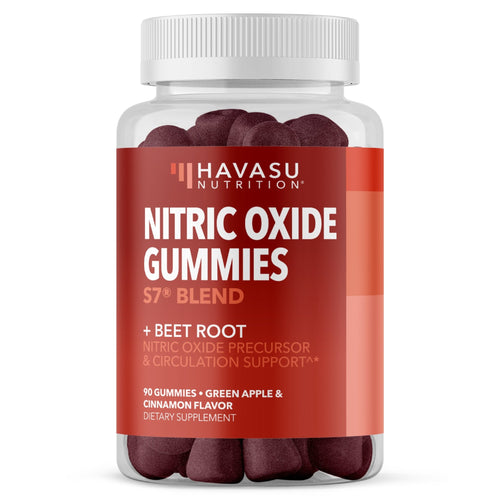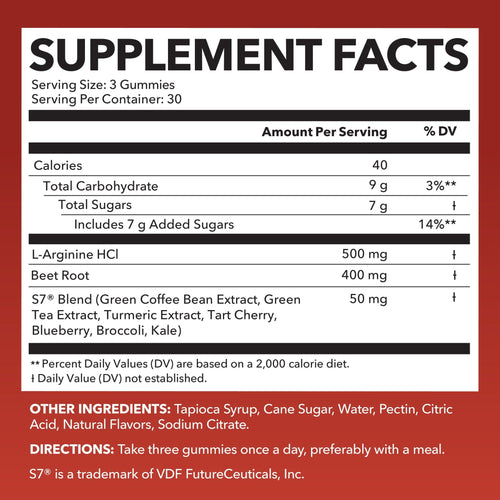11 Benefits of Soy
January 7, 2022
Soy-based products are known to have myriad health benefits, such as helping mitigate stroke and heart disease, or improving bone health. It has also been known to have cancer preventing properties and help to lower cholesterol.
Soybean originated from Asia and is grown in various parts of the United States. Soy can be found in many forms, with some of the more common being tofu, edamame, soy milk or soy sauce. Here are 11 benefits of adding soy as a regular part of your diet.
Excellent Source of Protein

Because Soy is an excellent source of protein, it can help fuel your body with nine essential amino acids, which are needed for healthy muscles and bone. Soybeans are among the best sources of plant-based proteins, which makes soy especially important for vegetarians or vegans who also lead an active lifestyle, since non-vegetarians are most likely to get those same benefits from animal proteins like beef, chicken or eggs.
Improved Brain Function

Some studies have suggested that soy isoflavones, which are polyphenols found in soy products and other plants, interact with the estrogen receptor involved in cognitive function and may improve overall brain function. Research has also shown that consumption of soybean as part of a regular diet may not only improve memory but also reverse memory deficits. Adding your daily dose of Omega plus DHA gummies to a balanced diet will keep you sharp and give you even more of a brain boost.
Reduce Heart Disease

Because soy is rich in polyunsaturated fats, having soy in your diet may reduce the risk of heart disease. Protein sources like beef or pork have a higher percentage of saturated fats, which are known to increase your risk of heart disease. Routinely swapping soy protein in place of meats may be beneficial to your overall heart health.
Aids in Weight Loss

With high protein content and high fiber, soy can help you to feel fuller faster and for longer periods of time. This, of course, can aid in losing weight and keeping it off. Soybeans have about 10 grams of fiber per cup, compared to 0 grams of fiber in animal proteins. The fiber in soybeans may contribute to lower cholesterol and help you have regular poops.
Low in Carbs

Soy is high in fiber as we mentioned but it is also low in carbs which is good if you have diabetes, are on a keto diet or are trying to lose weight. They are very low in the glycemic index, which helps you measure how well your blood sugar is doing after you eat a meal or snack. Packing dried soy beans with a trail mix in your lunch is a good way to get a midday energy boost.
Excellent Source of Vitamins and Minerals

Soybeans are rich in vitamins and minerals such as copper, folate, vitamin K1, phosphorus and thiamine, all of which help to enrich your overall health and fight off diseases like cancer and heart disease.
Healthy Fats

Soybeans also are a good source of healthy fats like omega-6 and omega-3. Classified as oilseeds, soybeans are used to make soy-based oils for cooking, a good alternative to vegetable oils. The main type of fat in soybeans is linoleic acid, which accounts for 50 percent of the fat content.
Lower Cholesterol

Soy has also been linked to helping lower cholesterol. Not only are soy-based foods naturally cholesterol-free, but studies suggest that adding 25 grams of soy protein to your diet per day, it can actually help lower your LDL level (the “bad” cholesterol) by three to four percent and reduce your risk of developing cardiovascular disease.
Reduce Risk of Cancer

While some have linked soy products to increased breast tissue, some studies have shown that soy products may actually reduce the risk of breast cancer. One study found that high soy intake in childhood is associated with reduced breast cancer risk, and another concluded that a substantial reduction in breast-cancer risk among women with a high intake of soy. Studies have also shown that the compounds found in soy may also help protect against prostate cancer.
Lower Blood Pressure

Soy has also been linked to preventing hypertension and lowering high blood pressure, finding that making soy a regular part of your diet may help lower your systolic blood pressure (the top number) by 2-5 points, reducing your chances of having a stroke by 14 percent.
Improve Bone Health

Post-menopausal women often experience brittle bones and other symptoms of osteoporosis. The most common treatment for this is estrogen. The isoflavones in soy mimics the effects of estrogen, suggesting that the isoflavones in soy may help strengthen bones. In addition to improving bone health, higher consumption of soy has been linked to reducing other menopausal symptoms like sweating, hot flashes or mood swings, all of which are the result of a reduction in estrogen levels.
While these are just some of the many benefits of consuming soy, as with anything, there are also some things to look out for. For some people, the compounds found in soy may trigger an allergic reaction. There have also been studies that found a link between soy and thyroid health. If you have concerns about introducing soy to your daily diet, talk to your doctor to make sure it’s a healthy choice for you.





